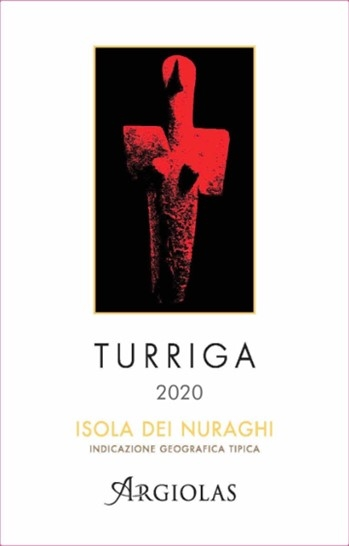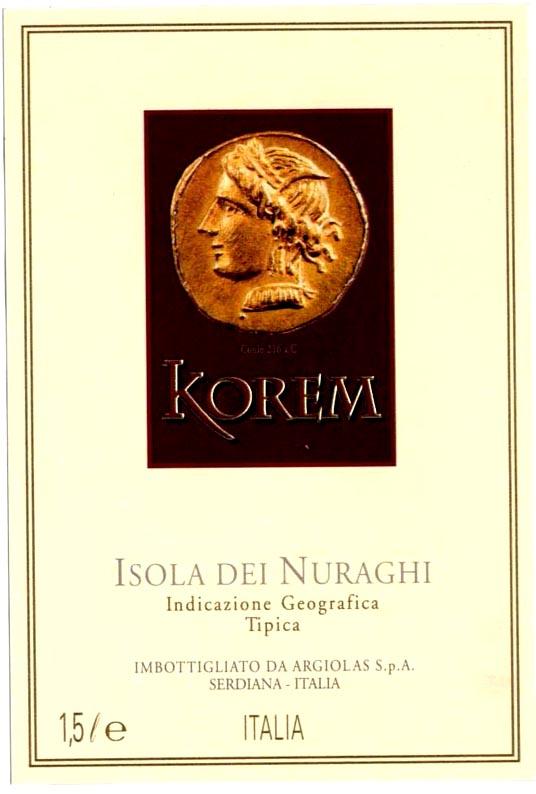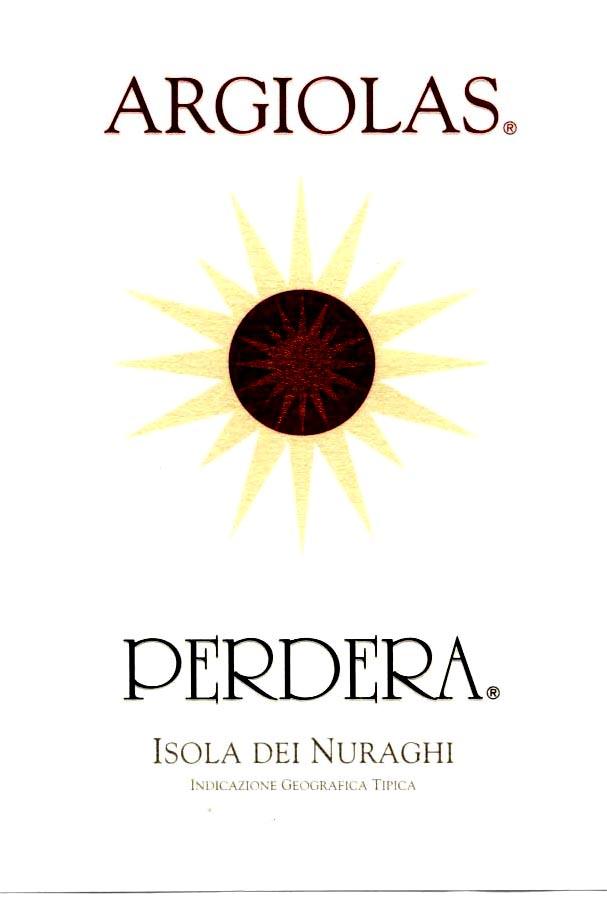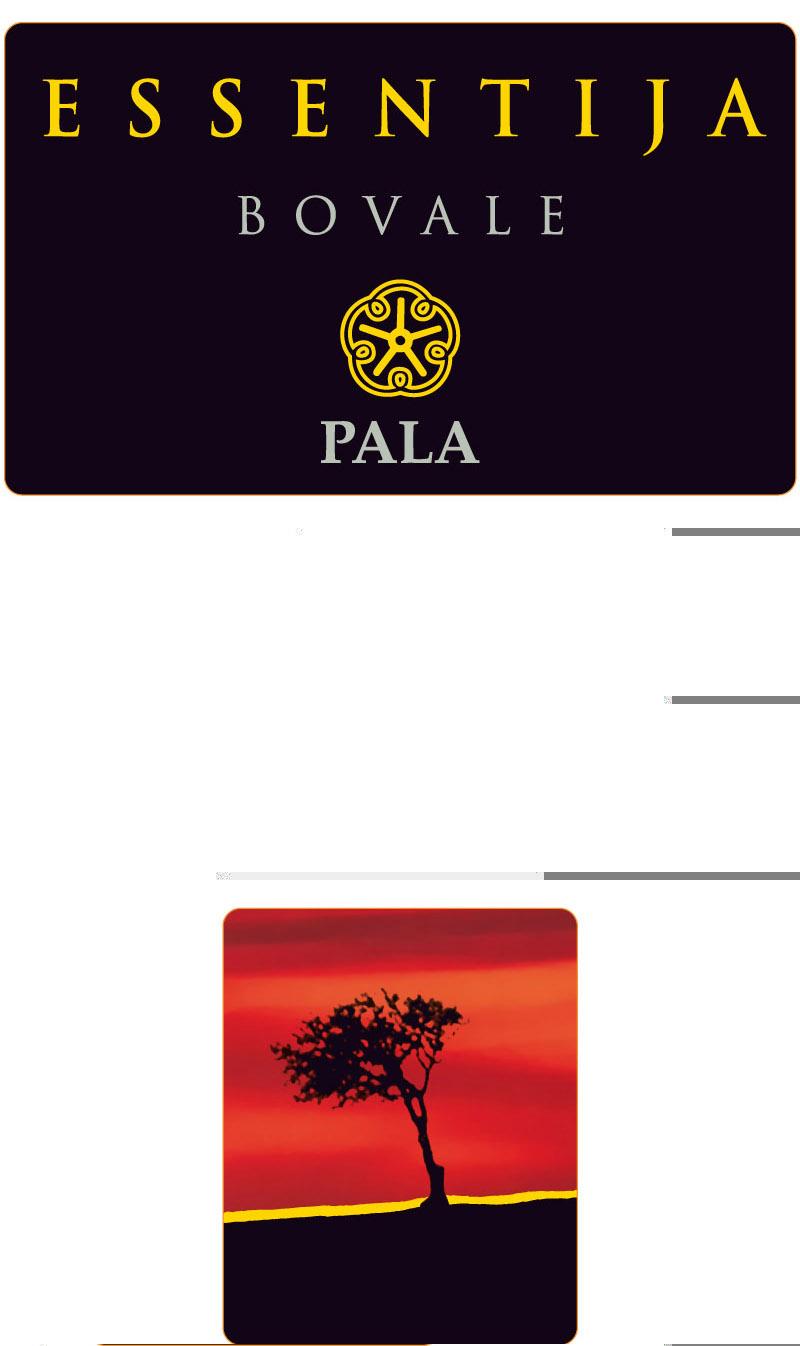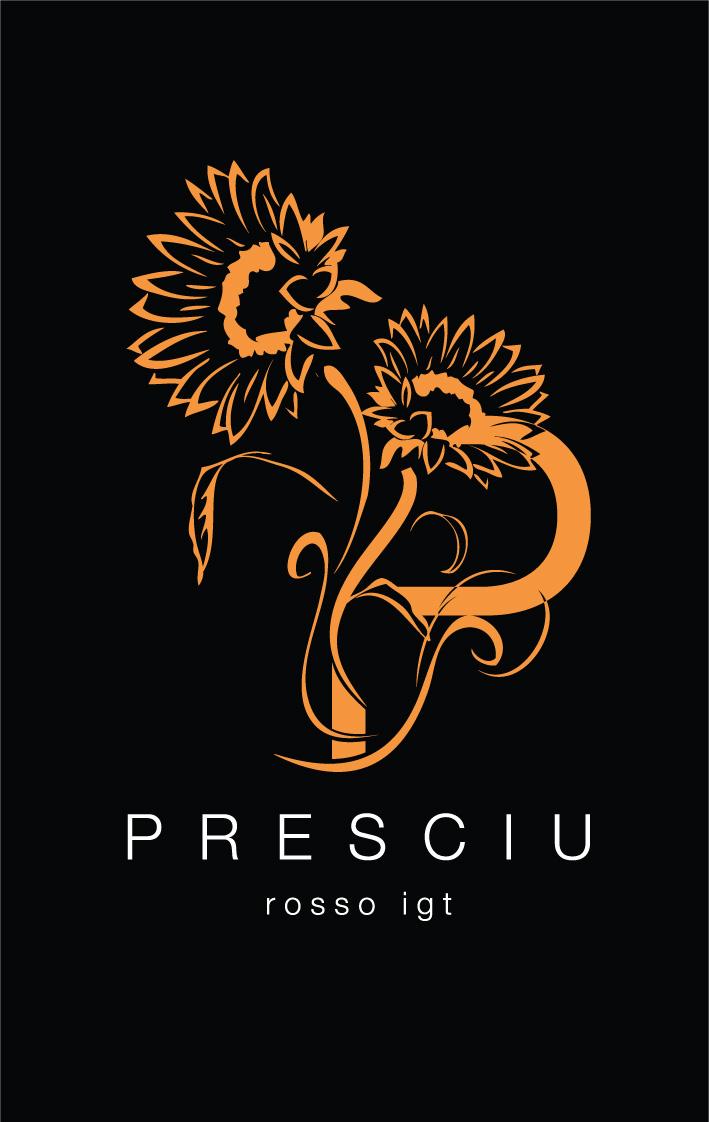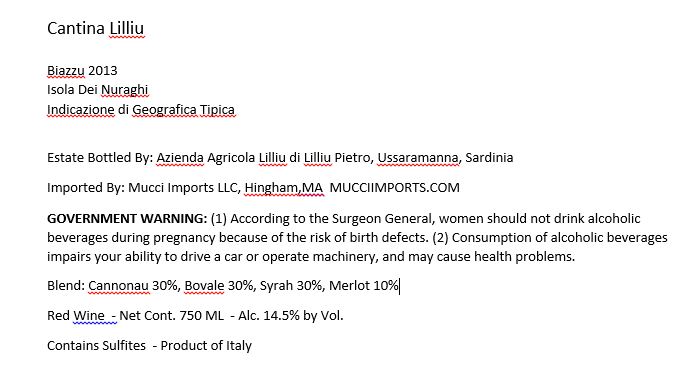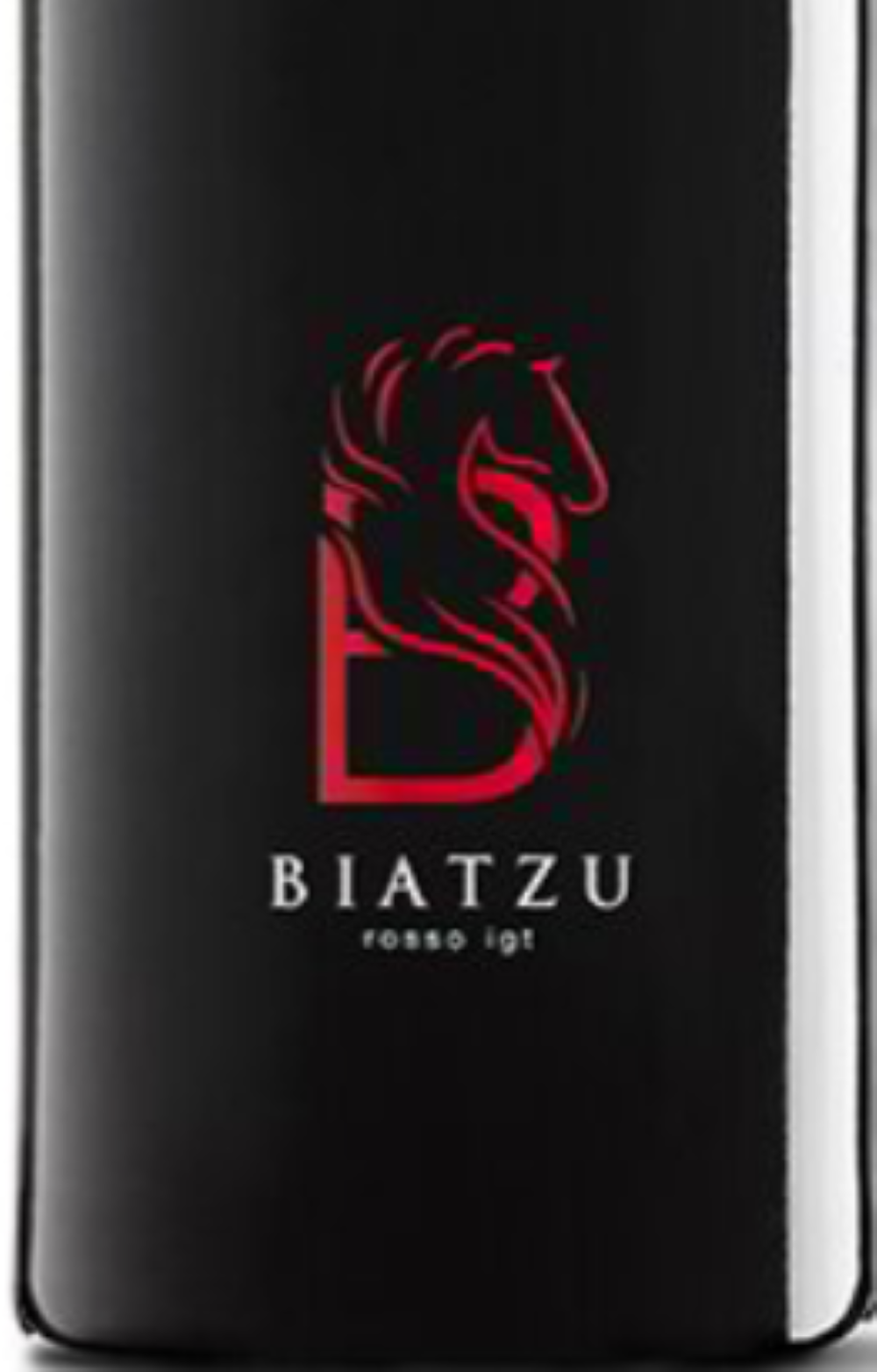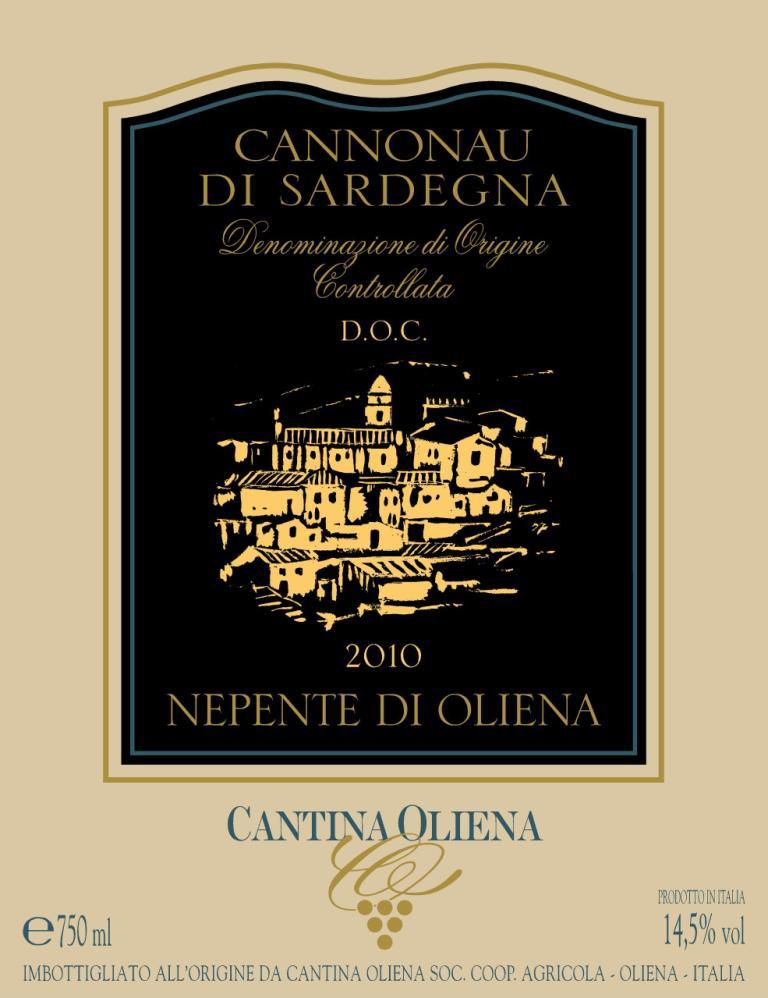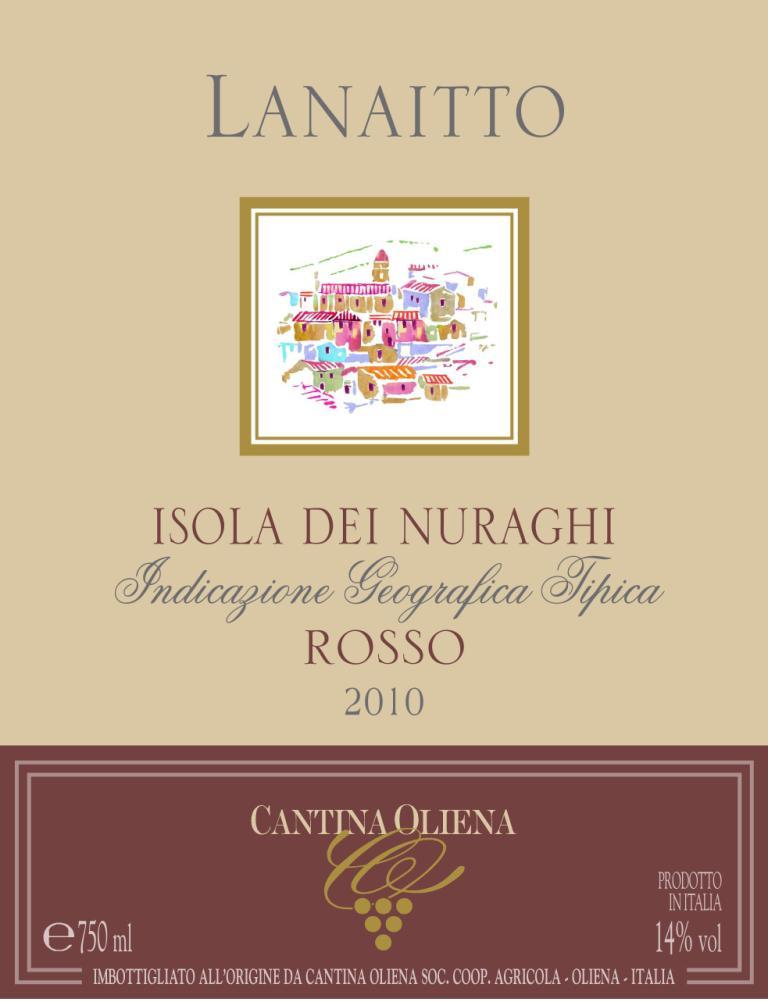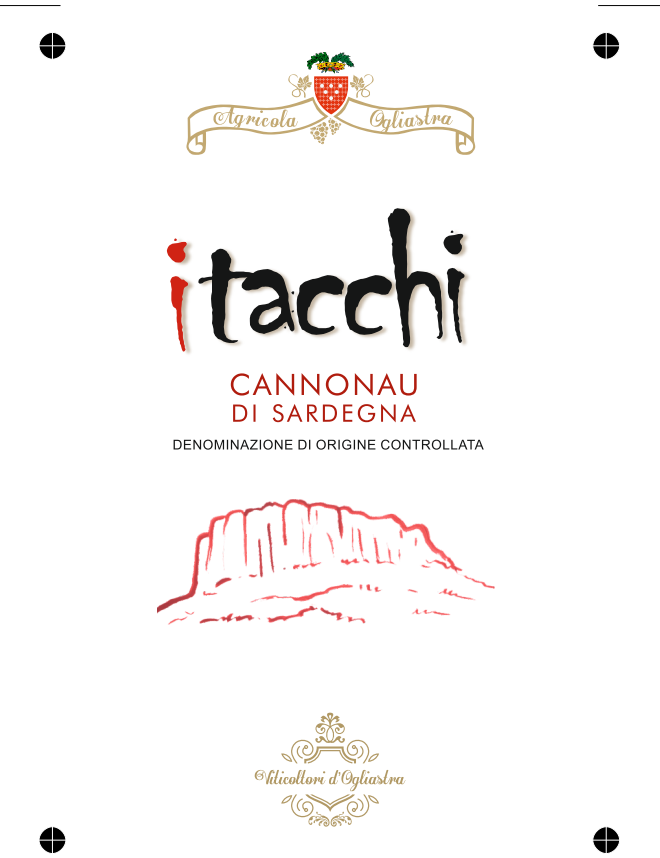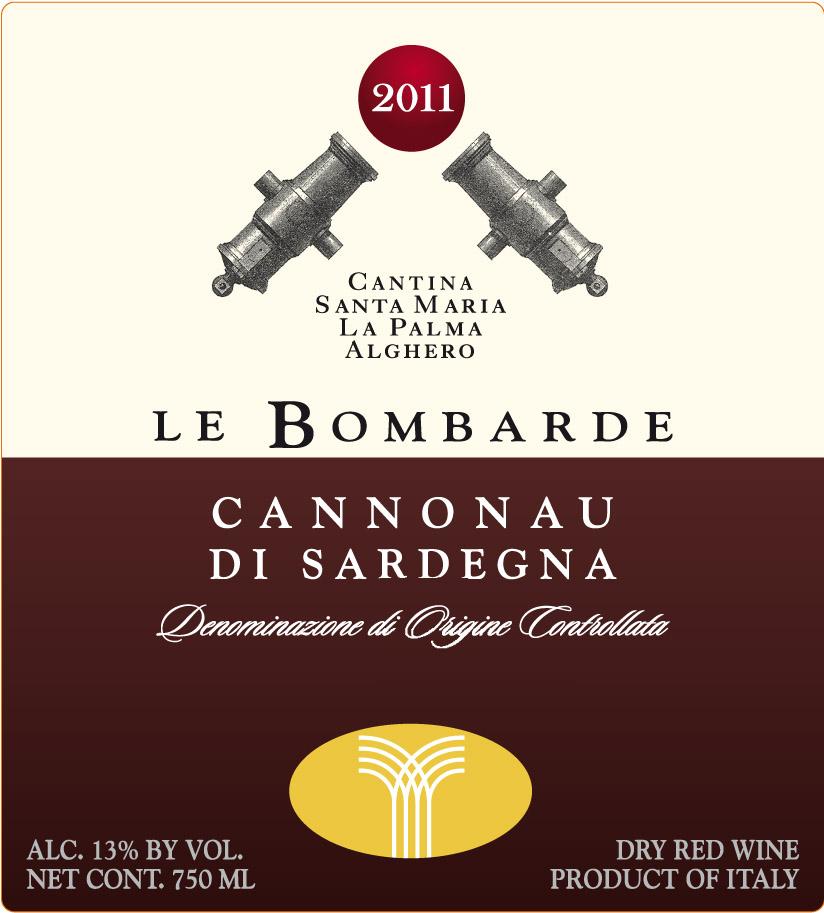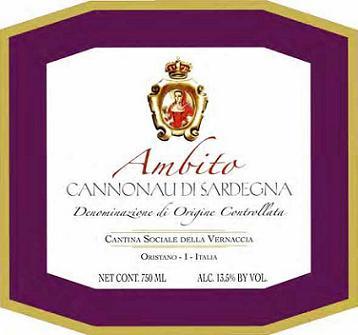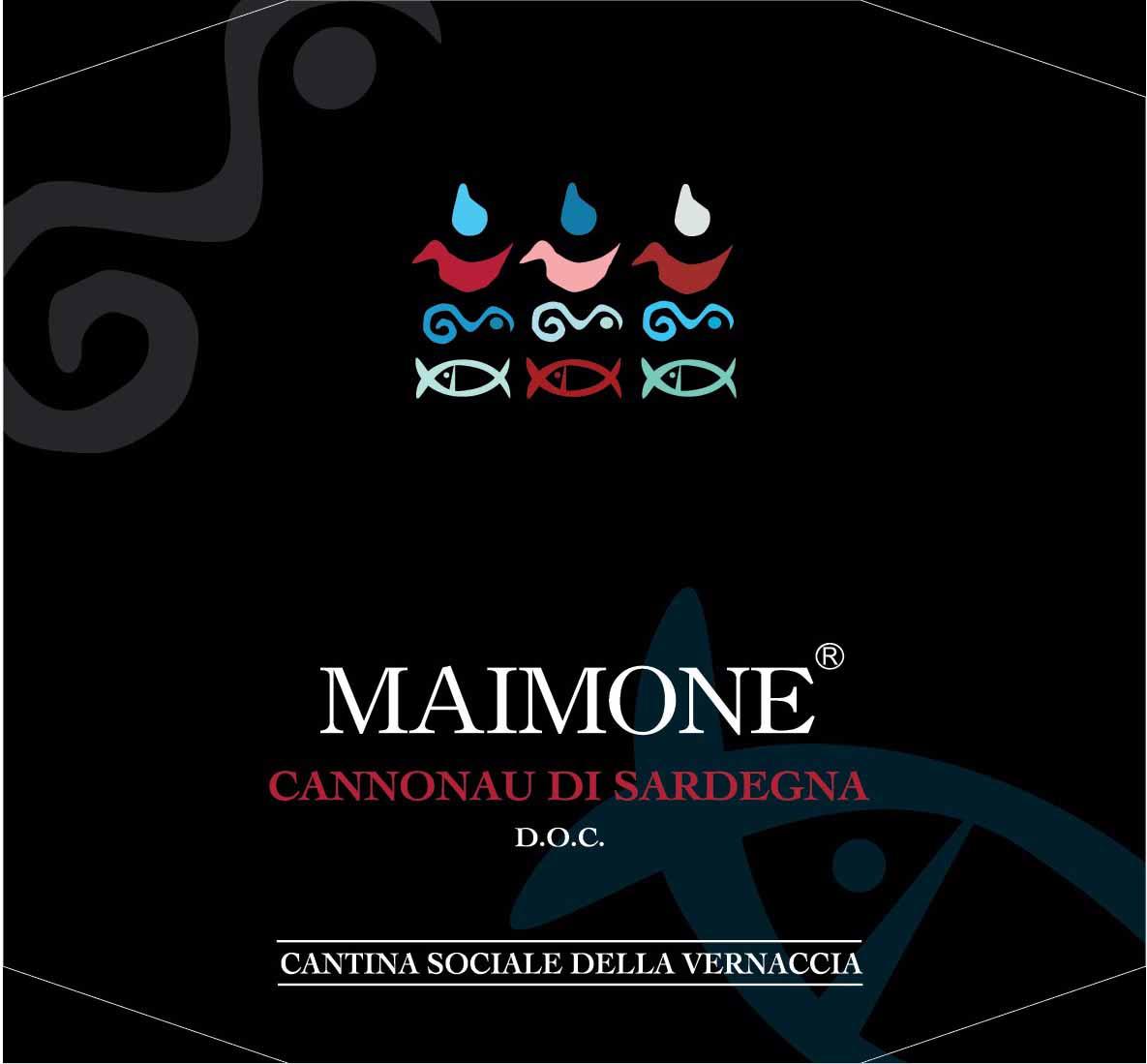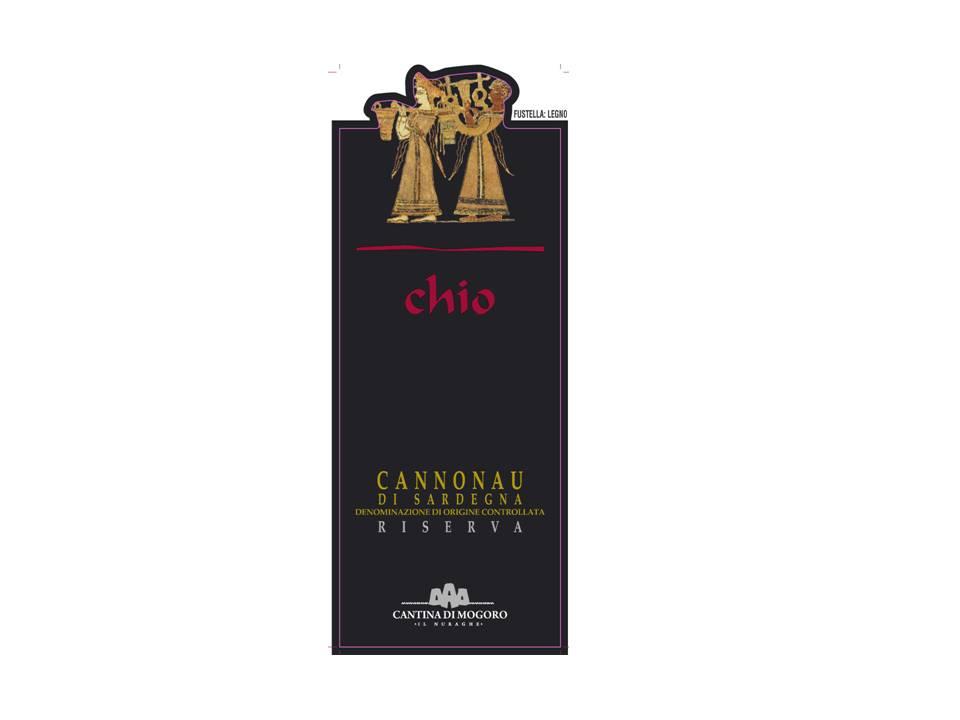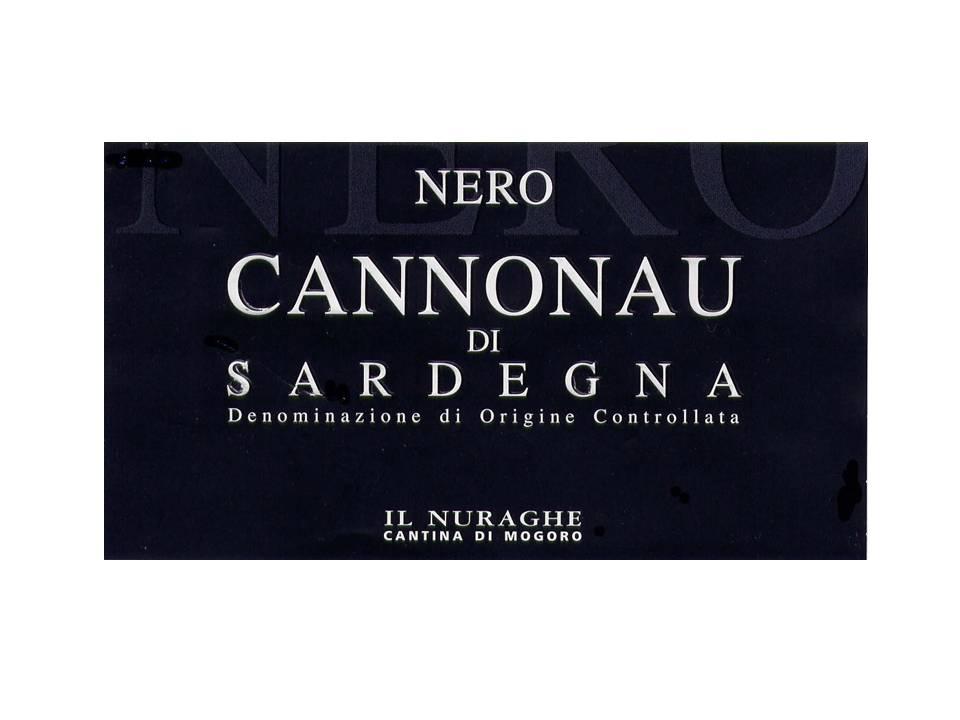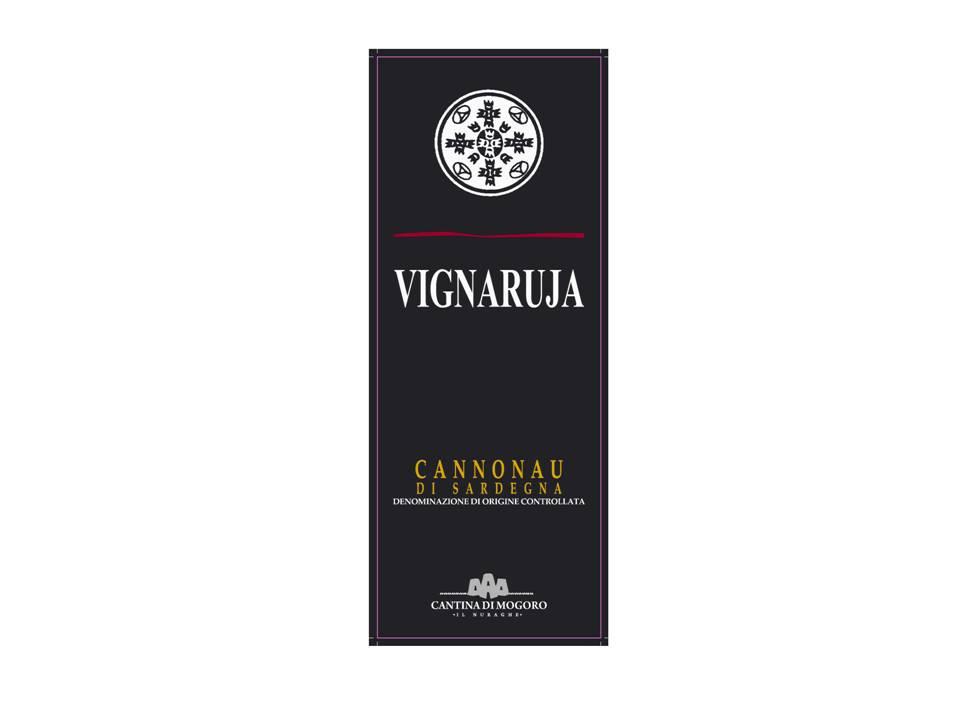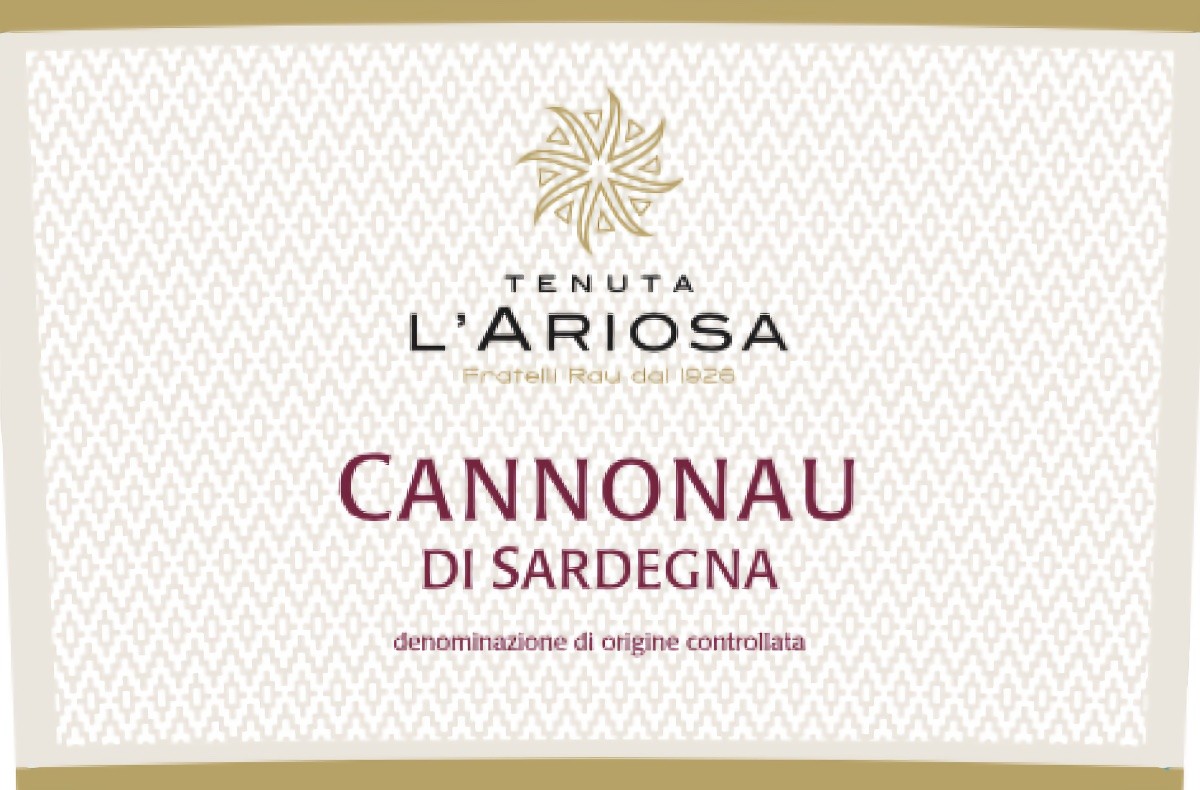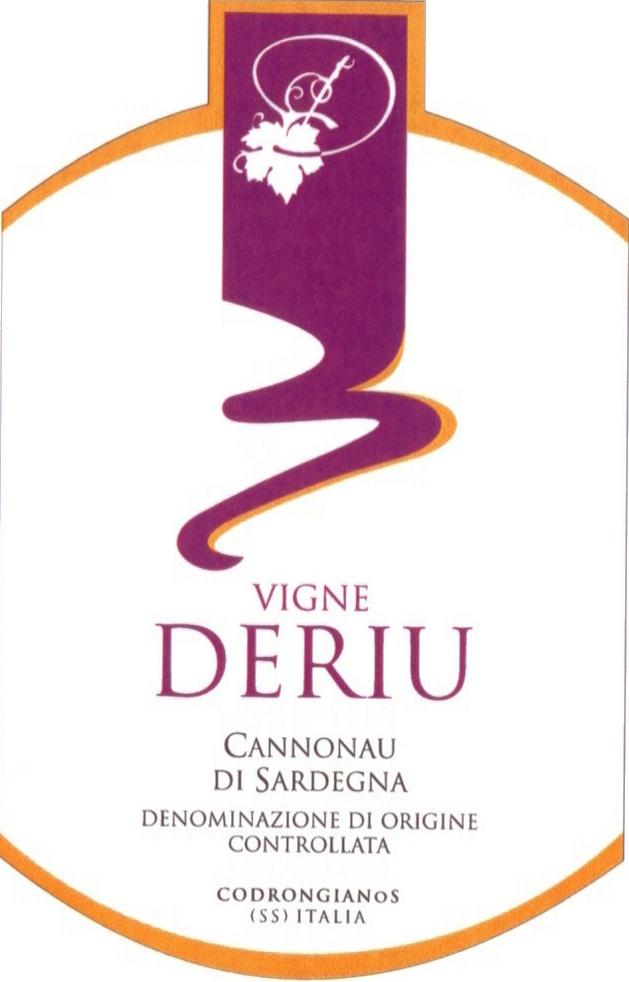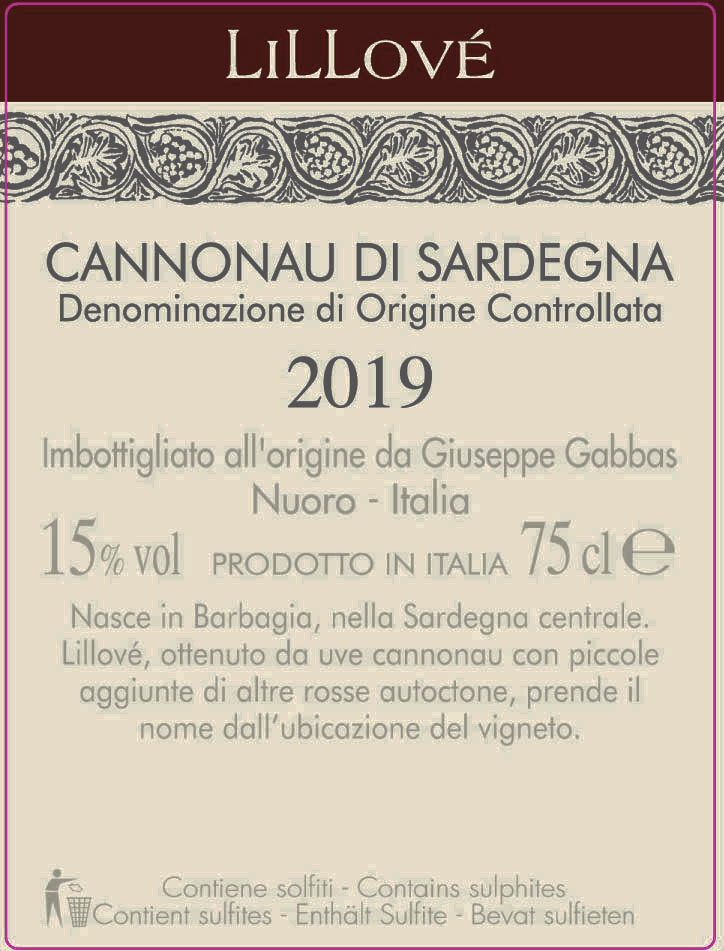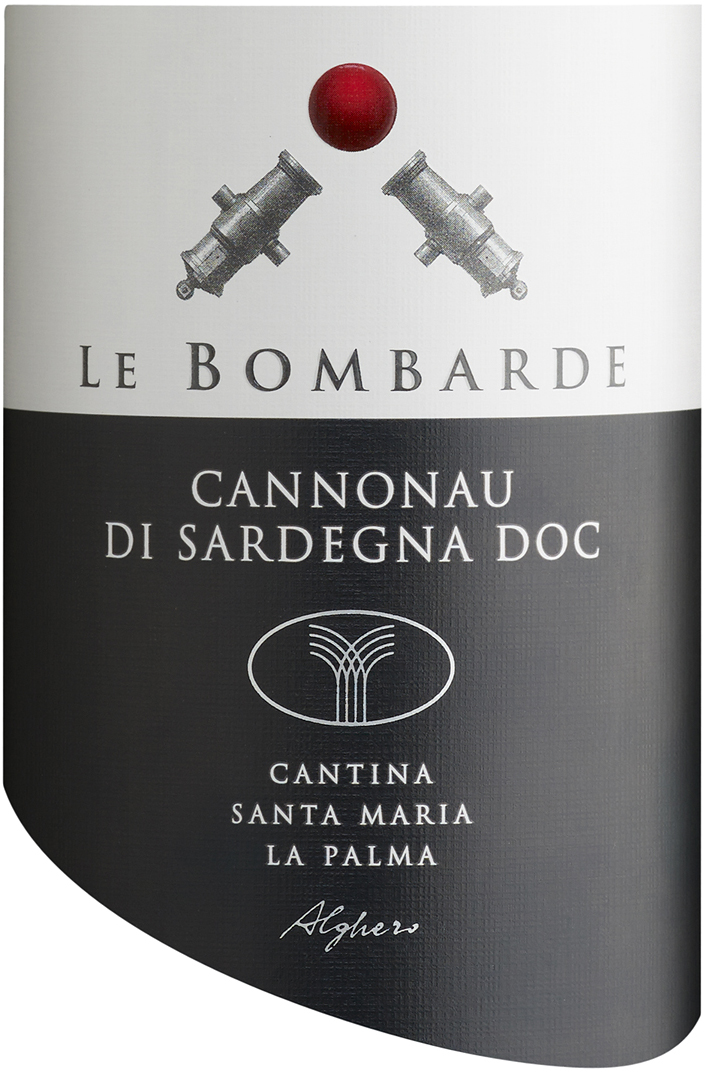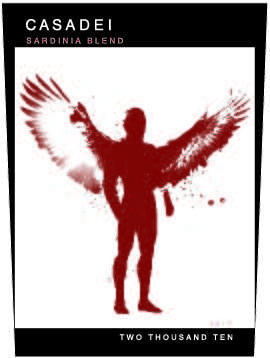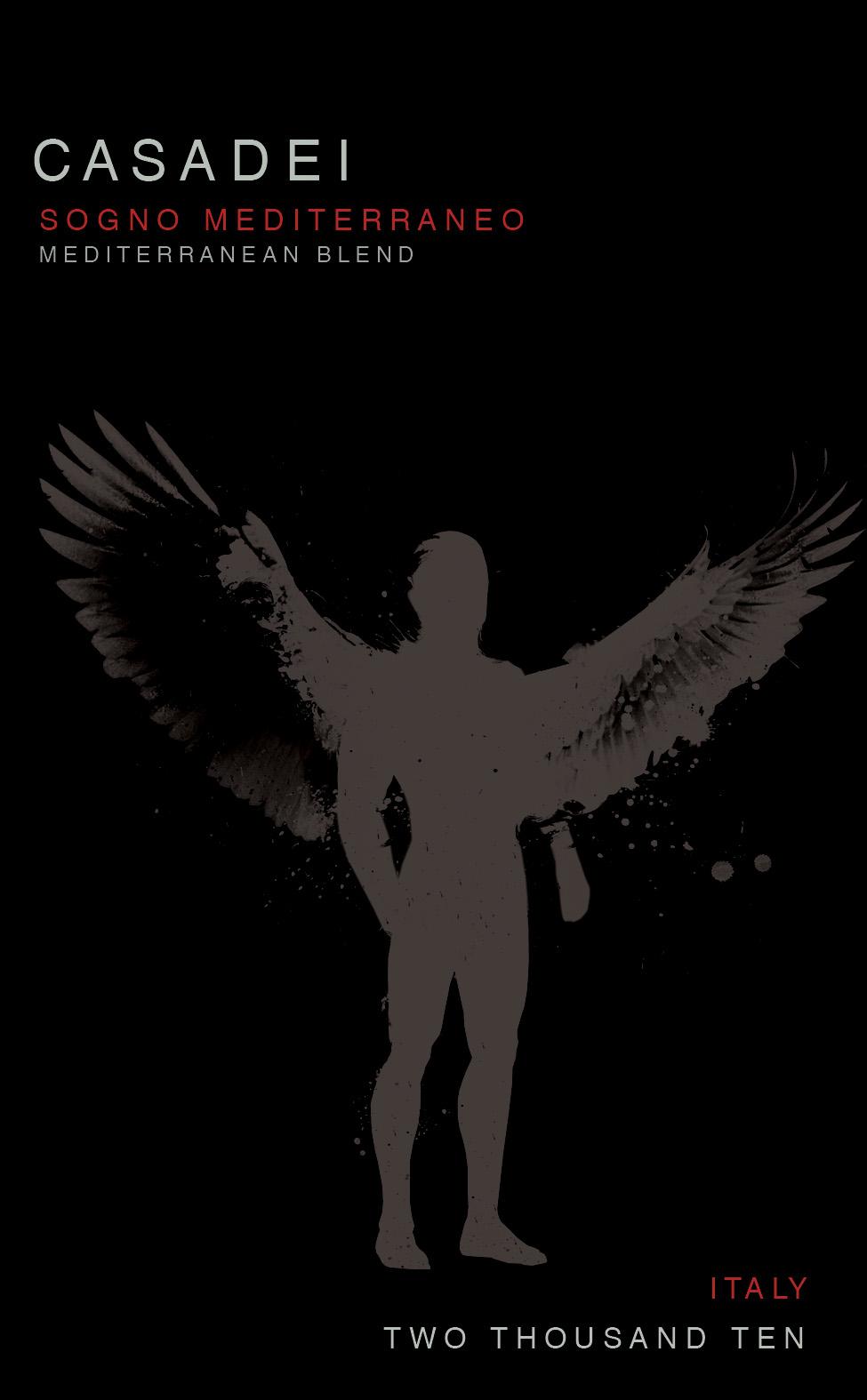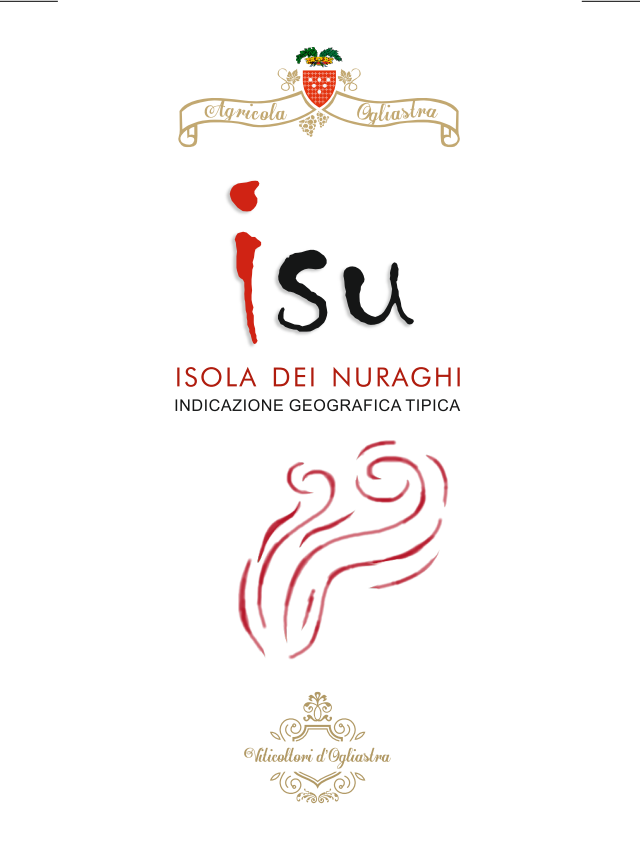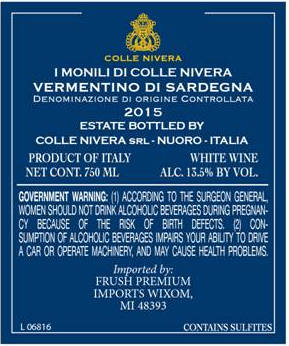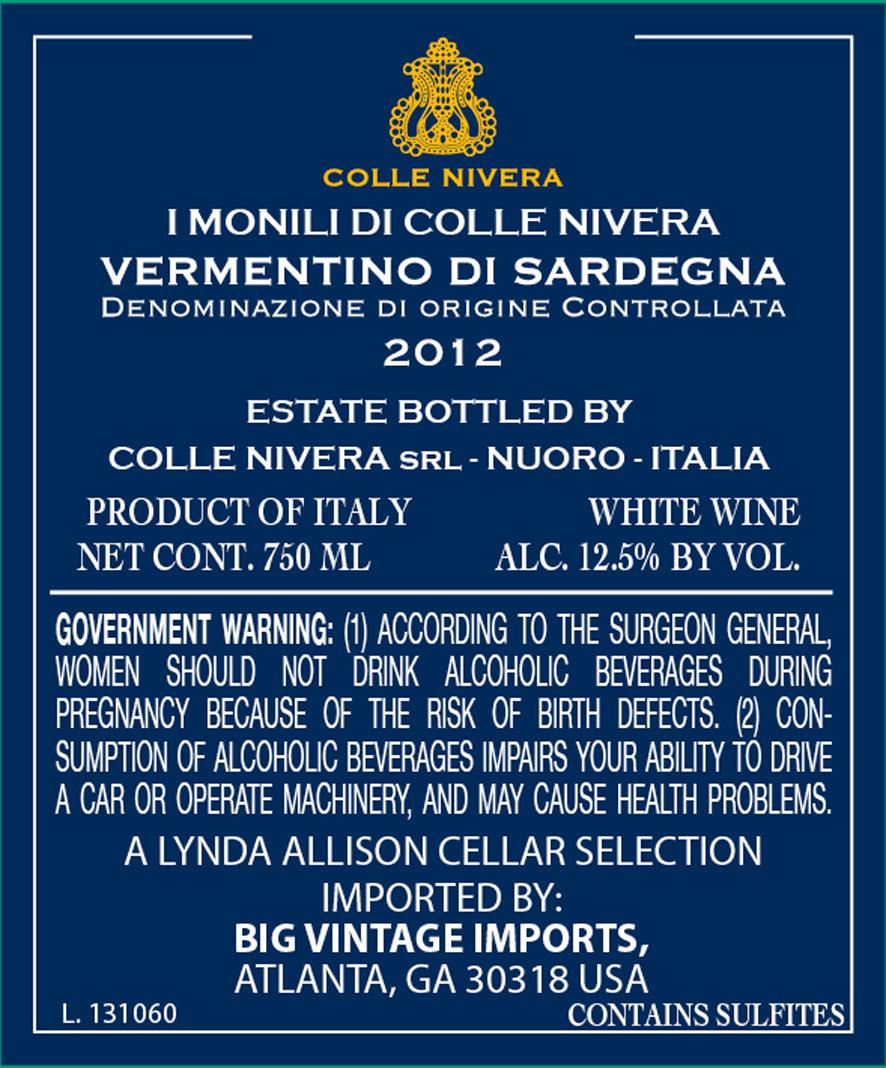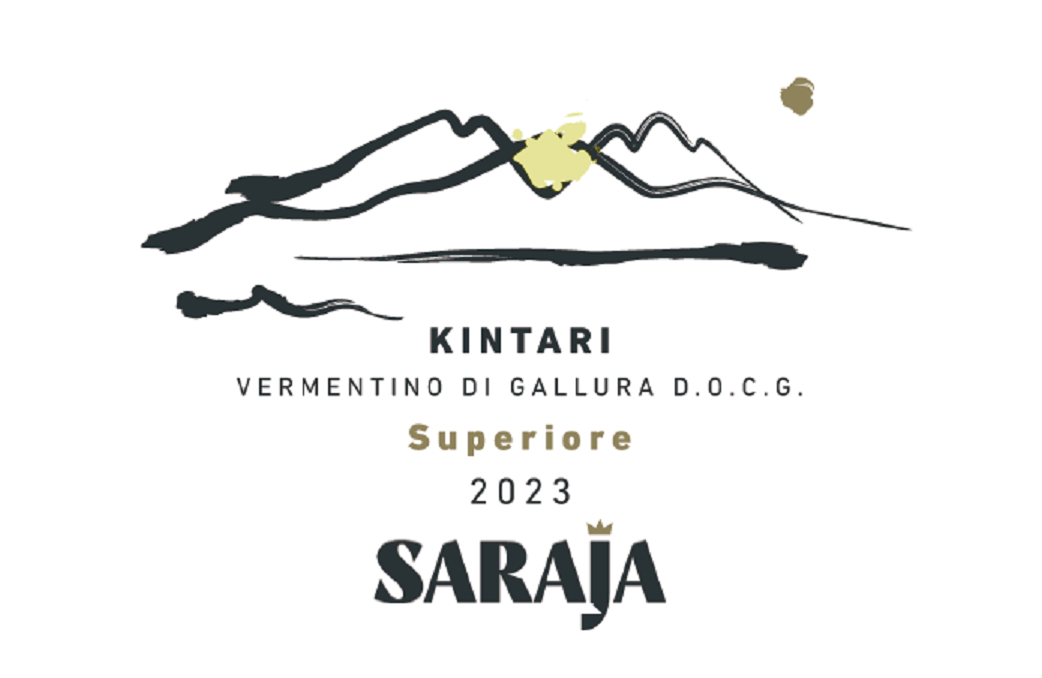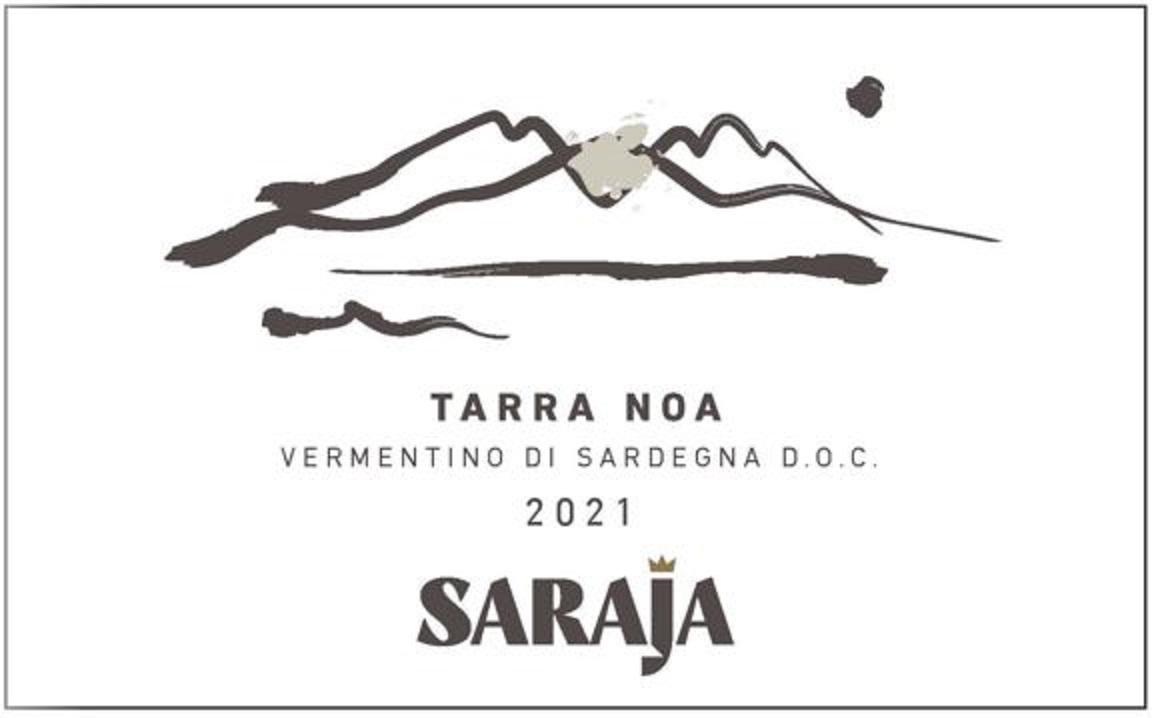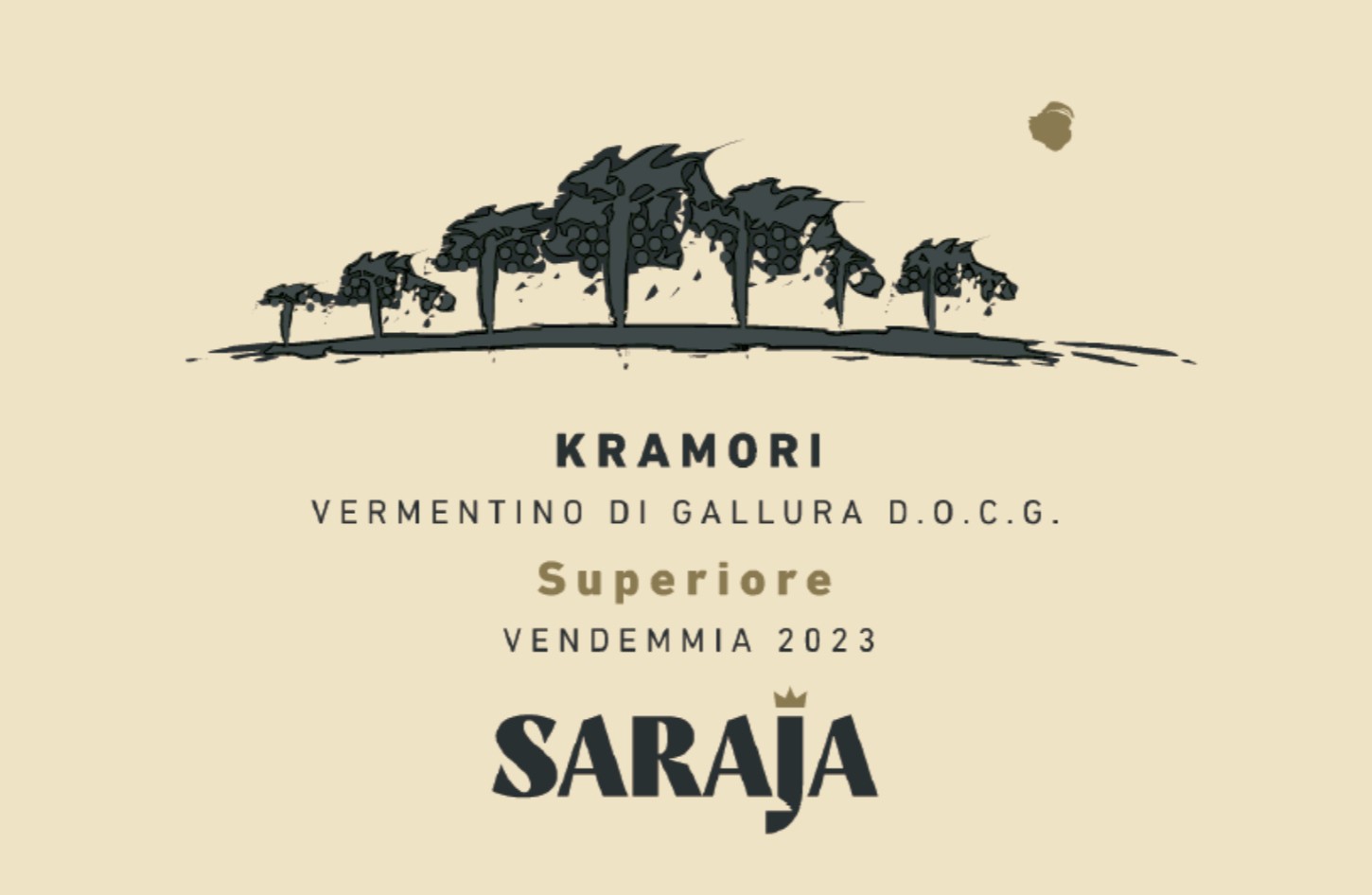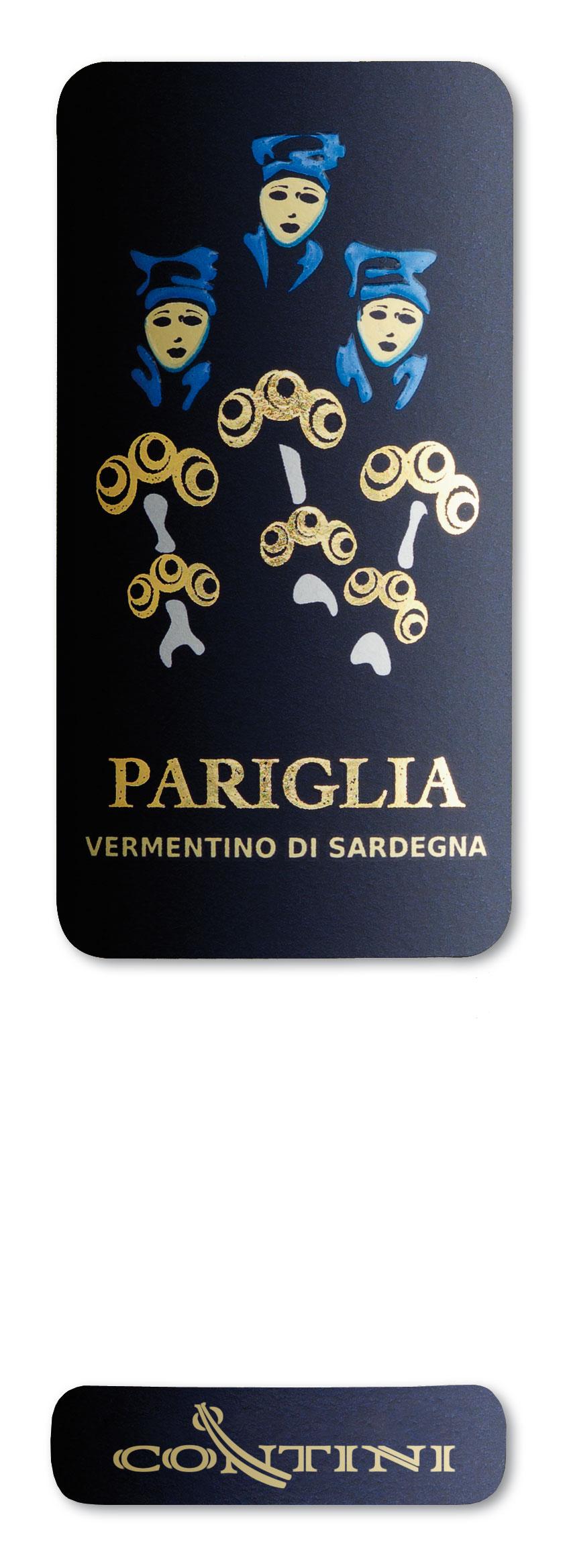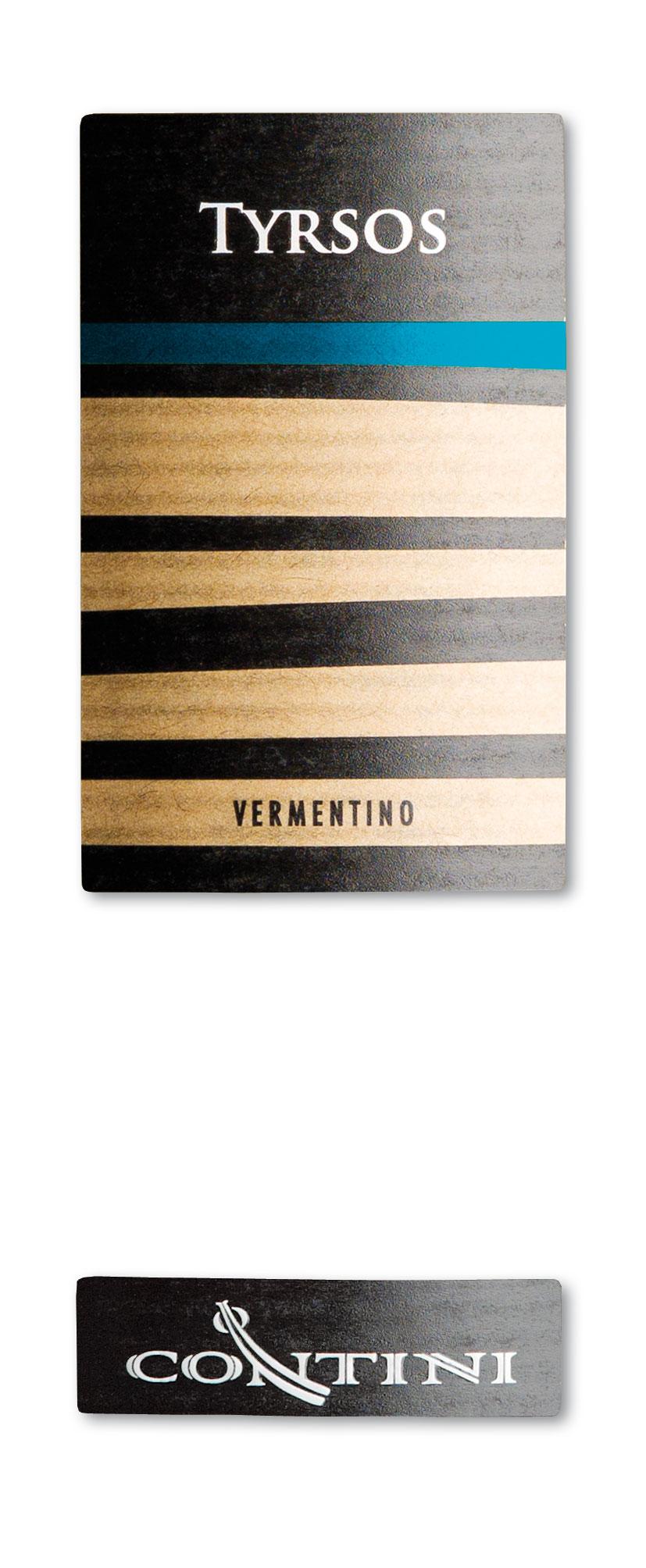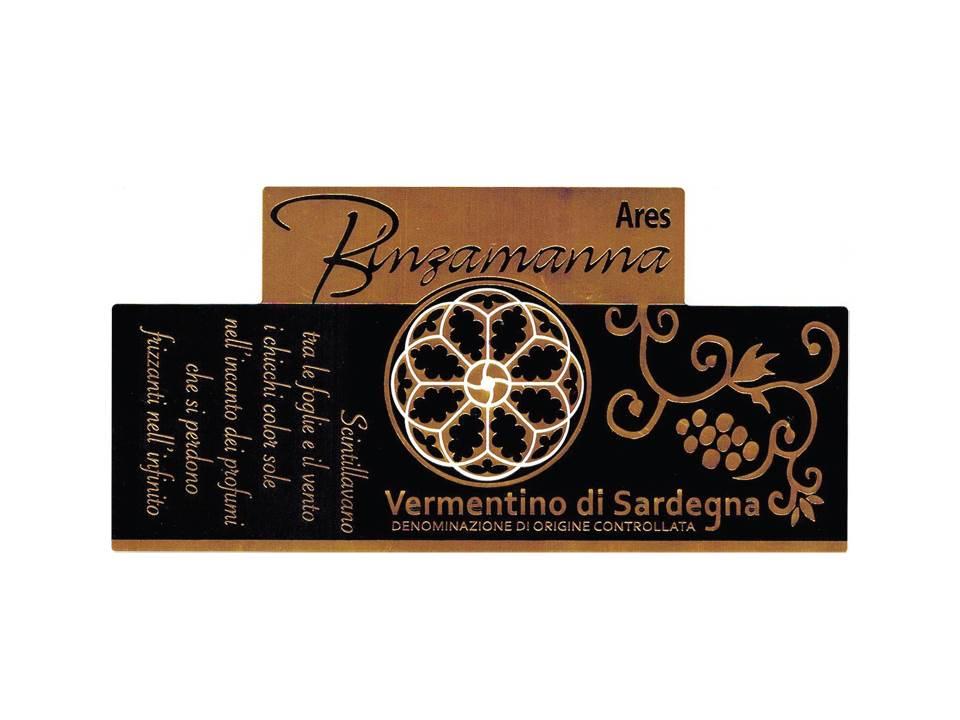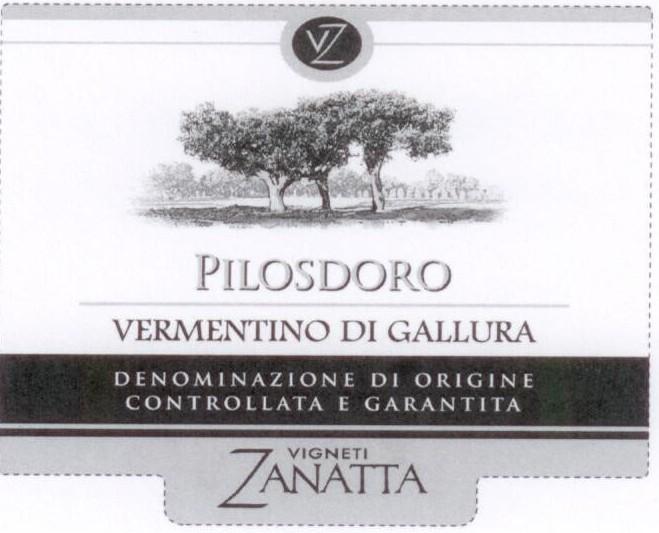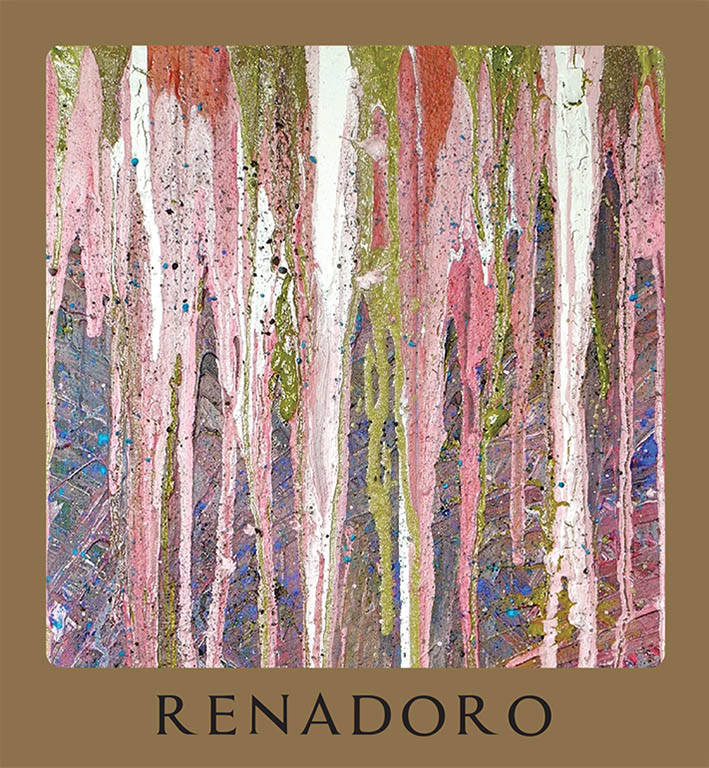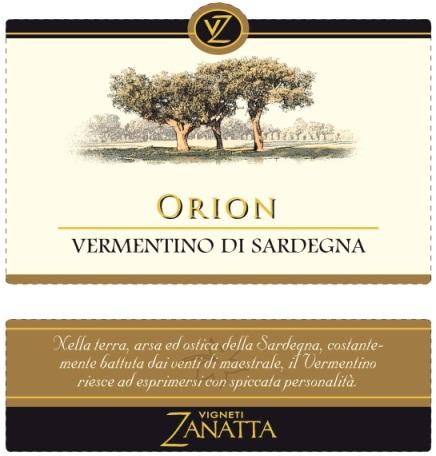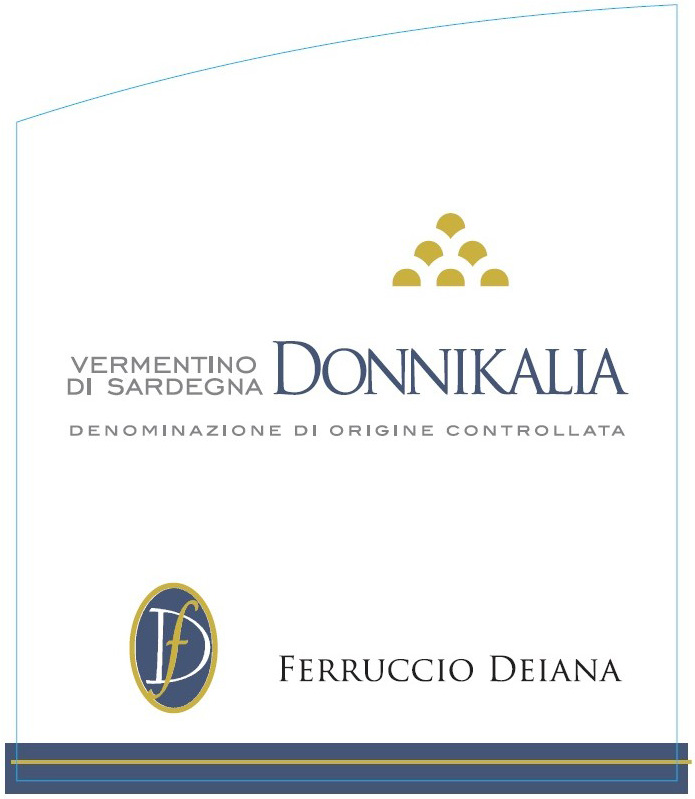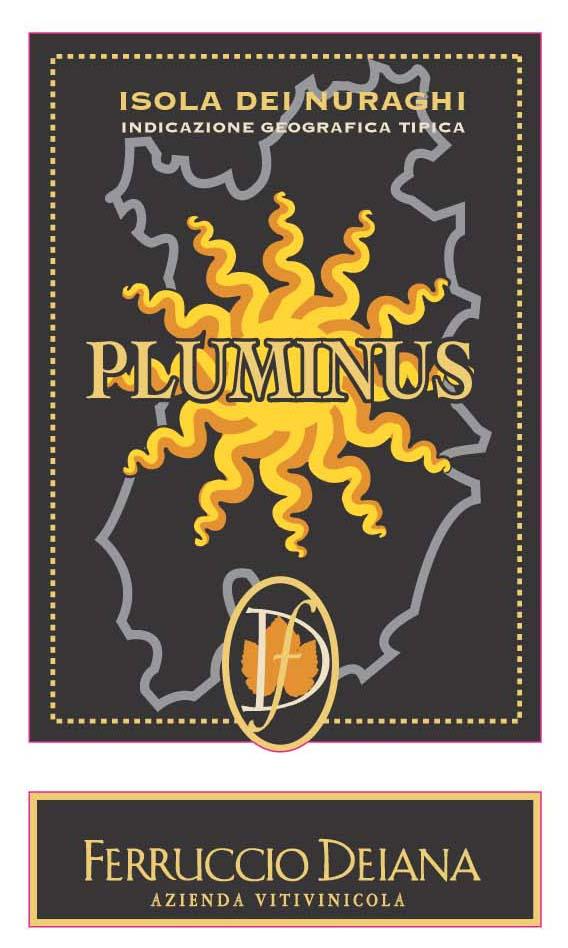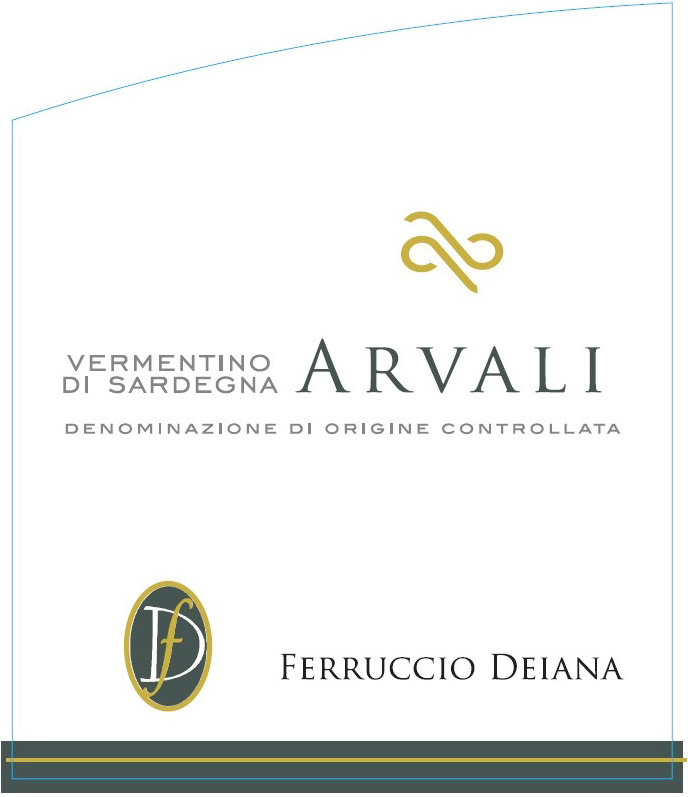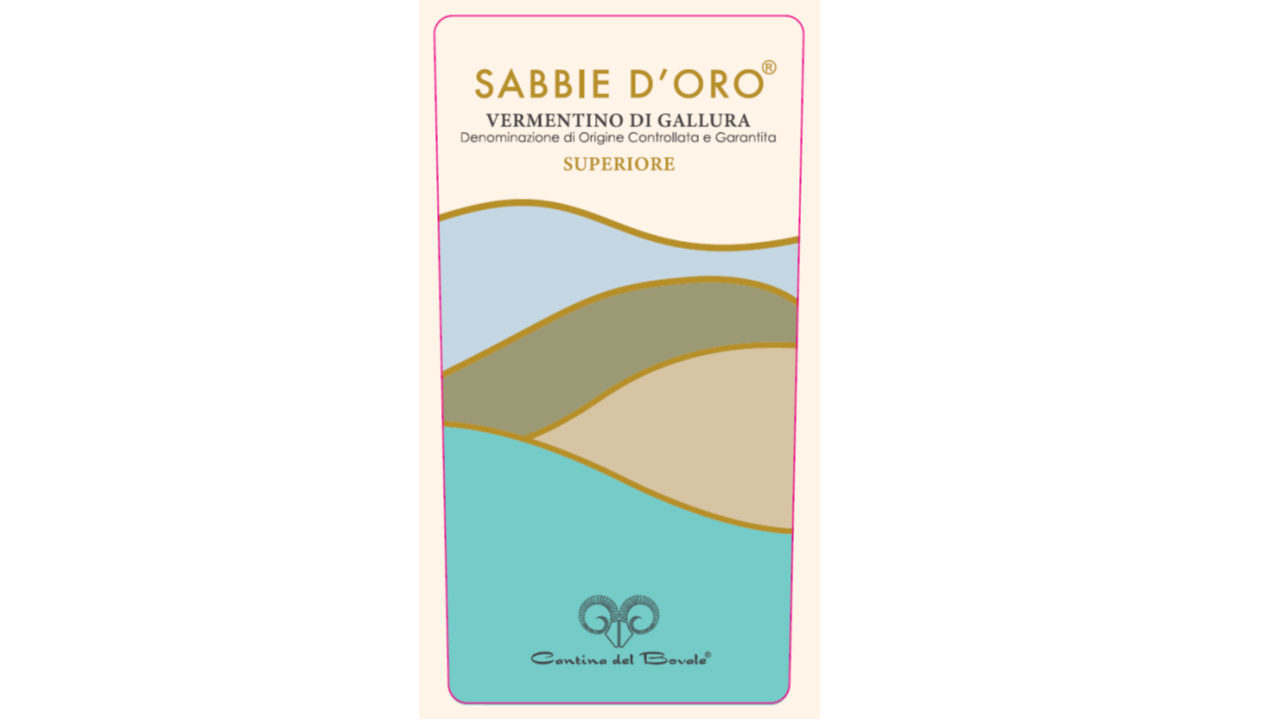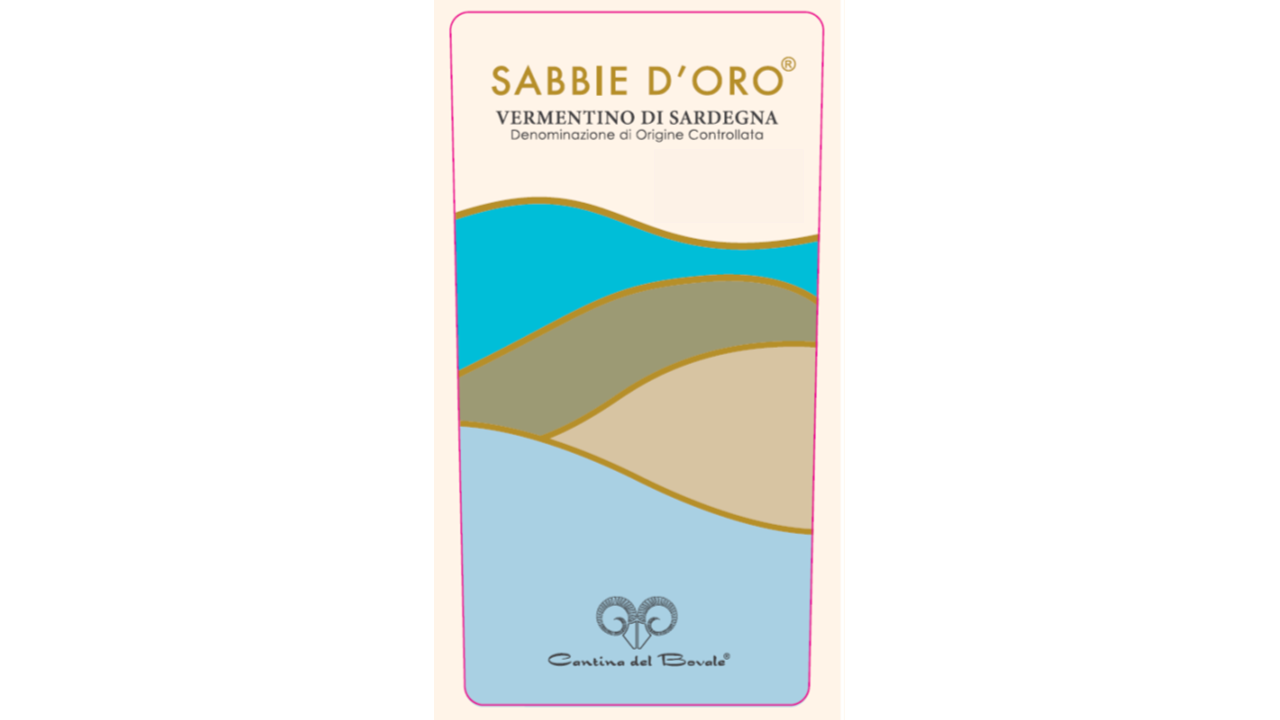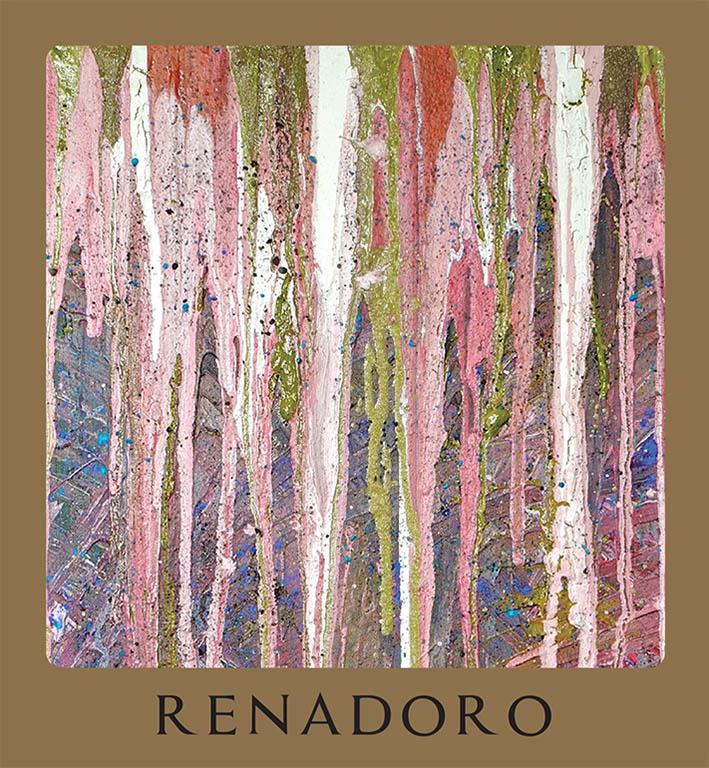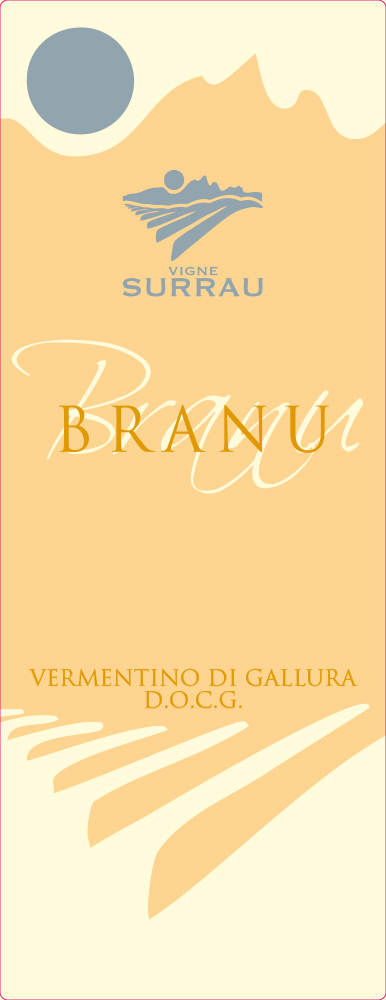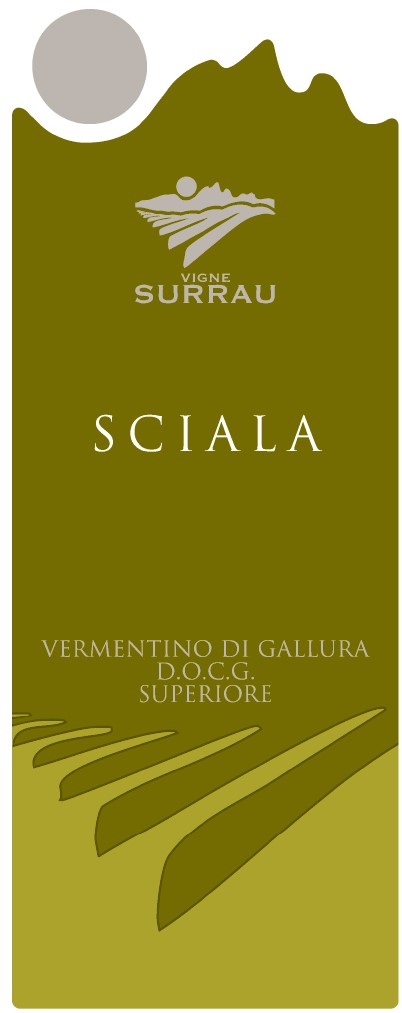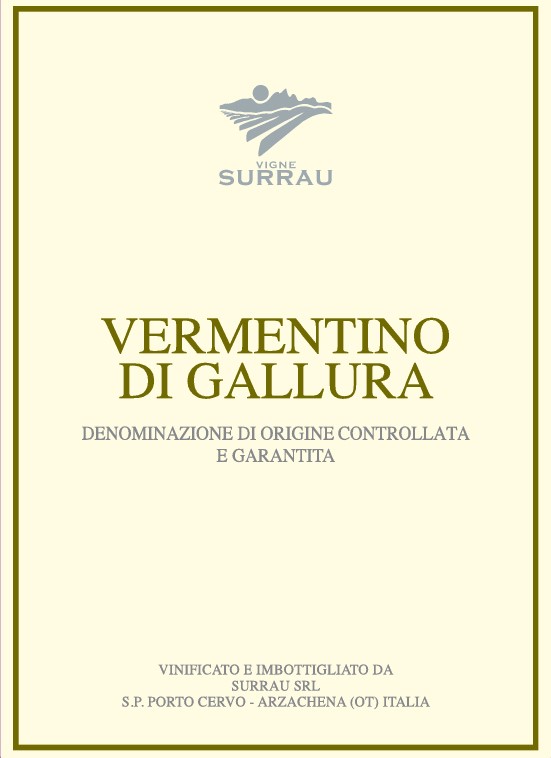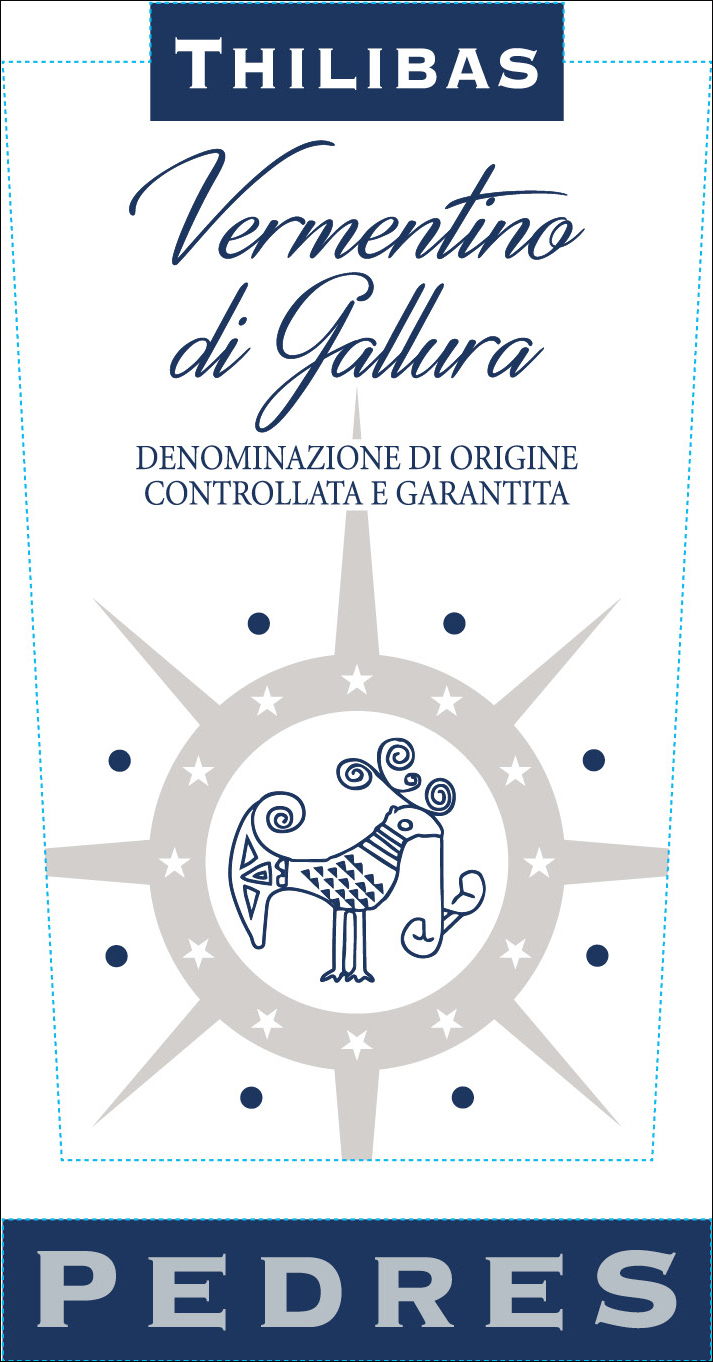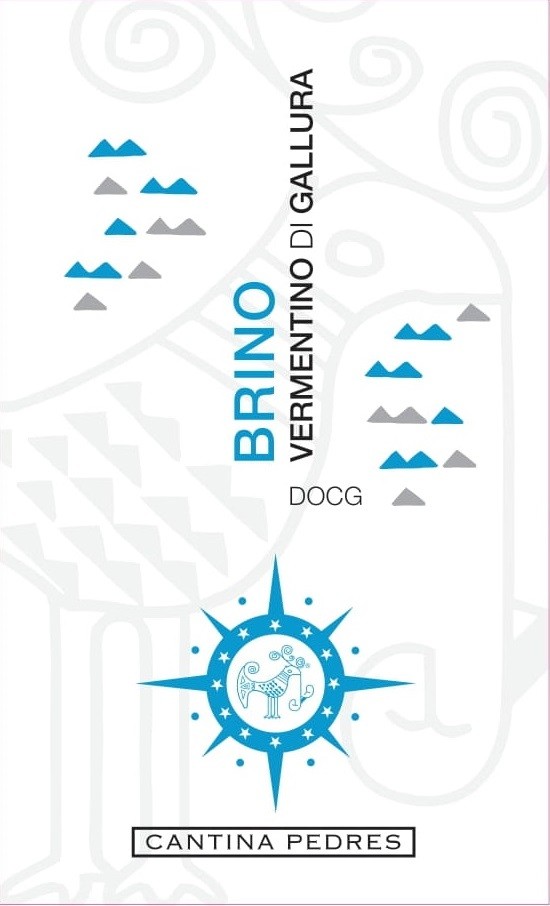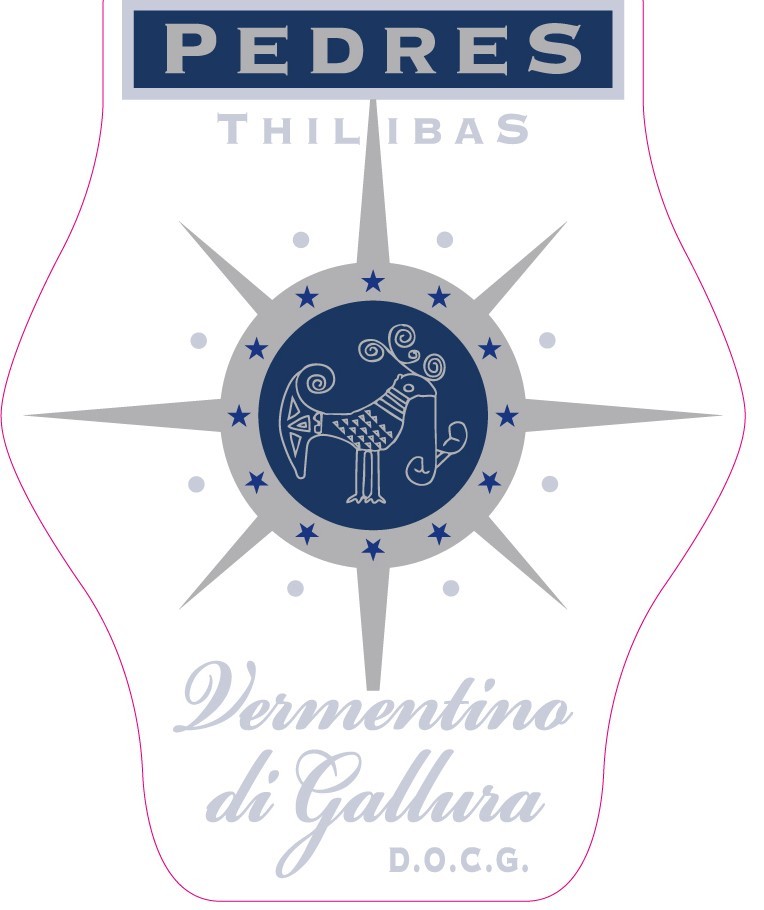Terroir of Sardinia
Sardinia enjoys a quintessential Mediterranean climate, marked by hot, dry summers and mild winters, perfect for cultivating vibrant wines. The surrounding sea moderates temperatures and encourages diurnal shifts, enhancing grape acidity and aroma complexity. Winds such as the Mistral and Sirocco naturally reduce disease, promoting sustainable viticulture.
The island's geological diversity is a cornerstone of its wine identity. Granite soils in Gallura foster Vermentino's mineral-rich, saline profile, while Sulcis's sandy soils, resistant to phylloxera, preserve ancient Carignano vines, yielding intense, concentrated wines. This geological tapestry, including limestone, clay, and volcanic deposits, is reflected in Sardinia’s wine classification, highlighting Vermentino di Gallura DOCG and Carignano del Sulcis DOC.
Notable Wineries in Sardinia
Sardinia’s wineries are celebrated for their distinctive approach, blending tradition with innovation. Here are some highlights:
-
Argiolas: A family-owned estate, famed for the "Turriga," a Super-Sardinian red, crafted with Giacomo Tachis’s expertise.
-
Sella & Mosca: Established in 1899, this historic estate is renowned for its revival of the Torbato grape and commitment to organic certification.
-
Cantina Santadi: A leading cooperative recognized for its Carignano del Sulcis "Terre Brune," also shaped by Tachis’s influence.
-
Capichera: Pioneers of oak-aged Vermentino, setting high standards for this varietal.
-
Tenute Dettori: Known for bold, unfiltered wines, this biodynamic producer champions natural winemaking.
Sustainable Winemaking in Sardinia
Sardinia is embracing sustainability in its wine industry, driven by a return to ancient farming practices and a response to climate change. The island's wineries are increasingly adopting organic and biodynamic methods, earning certifications that reflect their commitment to eco-friendly viticulture. These practices include minimal intervention, native yeast fermentations, and reduced sulfite use, aligning with the growing market demand for genuine wines.
Sardinian producers are also investing in water and energy conservation, using efficient irrigation systems and solar power to minimize environmental impact. This sustainable approach not only preserves Sardinia's unique environmental and genetic heritage but also enhances the quality of its wines. By prioritizing biodiversity and precision viticulture, Sardinia's wine industry is setting a high standard for future generations.
Wine Tourism in Sardinia
Explore the enchanting world of wine tourism in Sardinia, where ancient traditions meet modern winemaking.
Follow the island's famous wine routes, like the Strada del Vino Cannonau and the Strada della Malvasia di Bosa, to experience the unique flavors of local varieties such as Cannonau and Vermentino.
Sardinia's vibrant festivals, including Benvenuto Vermentino and the Bosa Wine Festival, offer lively celebrations of local wine and food.
Visitors can enjoy diverse activities like vineyard tours, tastings, cooking classes, and even stays in rustic agriturismos.
The island's Mediterranean climate and diverse soils enhance the quality of its wines, while sustainable practices ensure the preservation of its unique wine identity.
Spring and fall are ideal times to visit, offering pleasant weather and the excitement of harvest events.
Sardinia's rich wine culture promises an unforgettable journey through history, flavor, and innovation.



